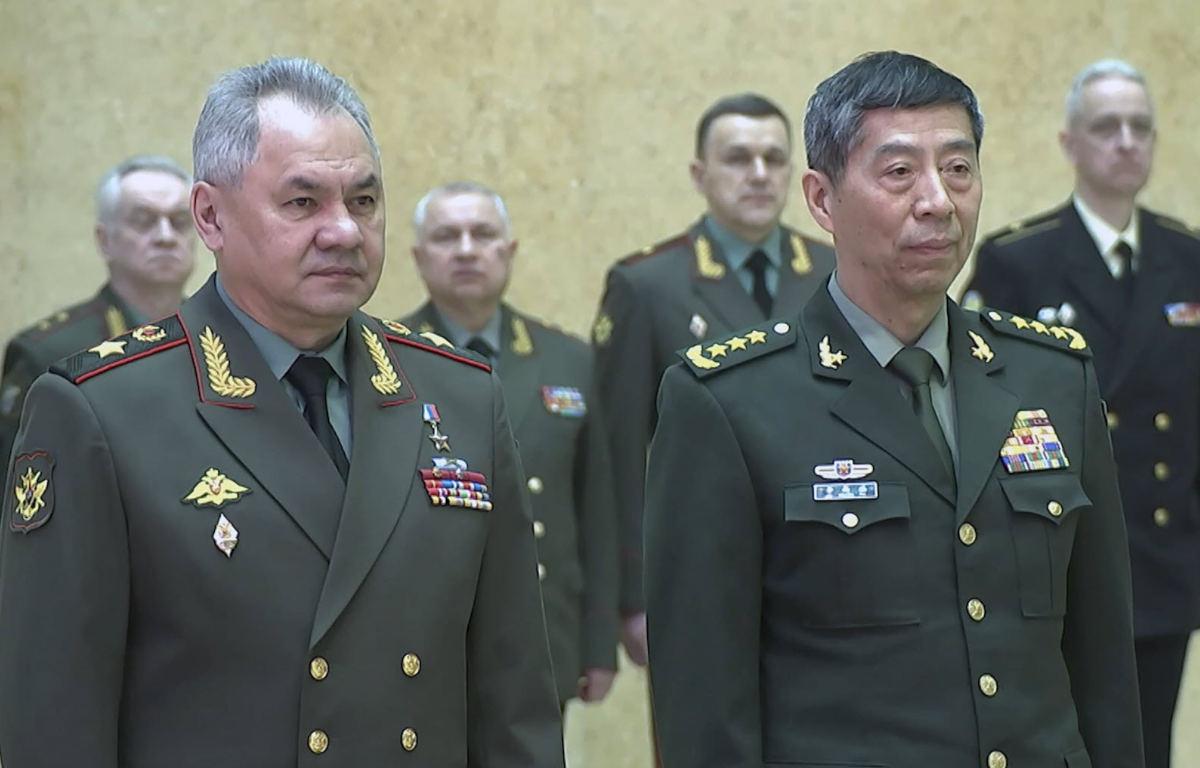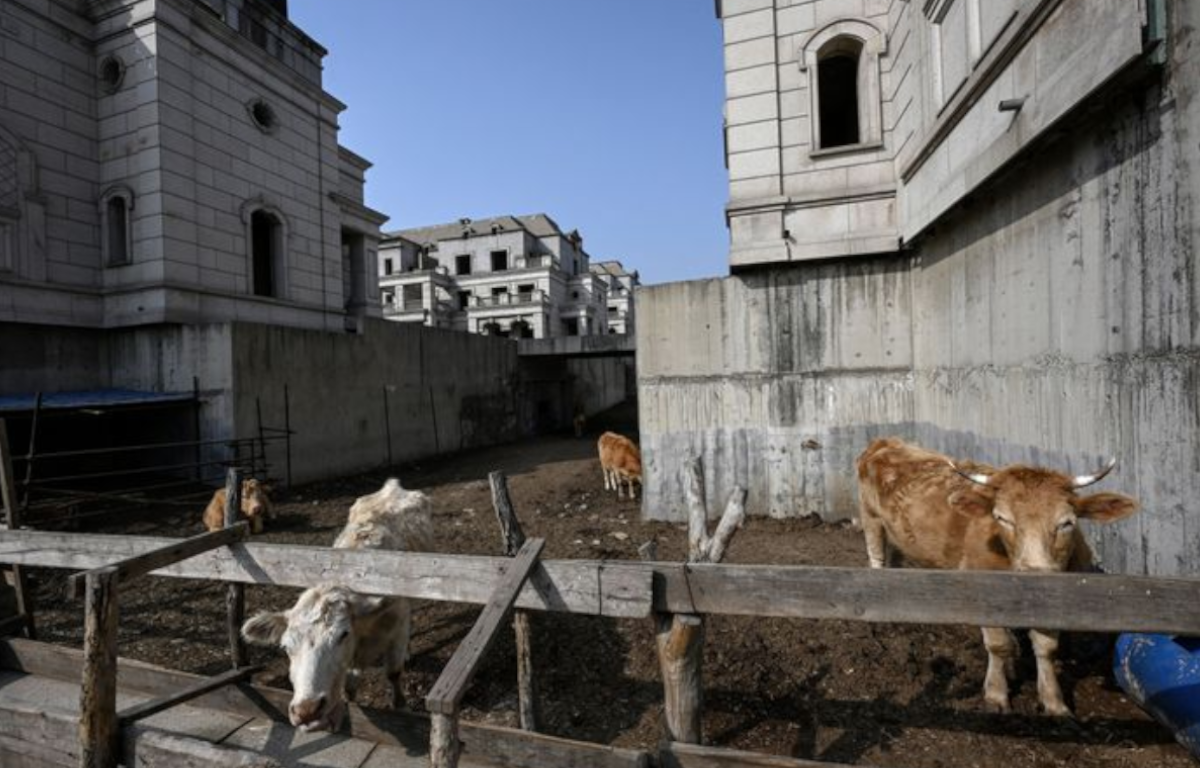
The term “Wolf Warrior diplomacy” takes its name from two Chinese action movies, “Wolf Warrior” and “Wolf Warrior II,” which feature a patriotic Chinese soldier taking on foreign mercenaries. This new breed of diplomats is known for their combative and nationalistic rhetoric on social media and in press conferences. They often engage in fiery exchanges with foreign counterparts, challenging perceived slights against China, and fiercely defending Chinese policies and interests.
One of the most prominent figures in the world of Wolf Warrior diplomacy was Zhao Lijian. Zhao, a former Chinese foreign ministry spokesperson, gained international attention for his provocative and sometimes controversial tweets. His high-profile confrontations included disputes with the United States over COVID-19 origins and disputes in the South China Sea. Zhao became a symbol of this confrontational style of diplomacy, which resonated with many Chinese citizens who saw it as a bold assertion of national pride.
However, in a surprising turn of events, Zhao Lijian suddenly disappeared from public view. His last tweet, posted on a Sunday morning, was a routine message about a diplomatic event. After that, his Twitter account went silent. Speculation swirled about the reasons for his disappearance. Some suggested that he might have been sidelined by the Chinese government due to his outspokenness, while others speculated about health issues or internal political dynamics.
The Chinese government maintained a tight-lipped approach, offering no official explanation for Zhao’s absence. This fueled further speculation and raised questions about the limits of Wolf Warrior diplomacy and whether it had gone too far. The absence of one of its most vocal proponents raised questions about whether the Chinese government was reevaluating its approach to diplomacy on the world stage.
The vanishing of Zhao Lijian brought to the forefront the challenges and risks associated with Wolf Warrior diplomacy. While this confrontational approach had resonated with some segments of Chinese society and had its moments of apparent success, it also risked alienating China from the international community and exacerbating tensions with key partners, notably the United States.
Many observers wondered if the Chinese government was recalibrating its approach to diplomacy. Some suggested that they might be shifting towards a more traditional, measured approach, seeking to repair damaged relationships and build bridges with other nations.
The sudden disappearance of Zhao Lijian, a prominent figure in China’s Wolf Warrior diplomacy, raises questions about the future direction of Chinese foreign policy. While this new approach to diplomacy had its supporters and successes, it also came with risks and challenges. Zhao’s absence may signal a broader reevaluation of China’s diplomatic strategy, as the government seeks a balance between assertiveness and cooperation on the global stage.
As the world watches for the return of Zhao Lijian or for clues about the evolution of China’s diplomatic approach, it remains clear that the role of Wolf Warrior diplomats has left an indelible mark on Chinese diplomacy, for better or worse. Whether this brash and assertive style will continue or give way to a more traditional approach remains to be seen, but it is undoubtedly a topic of significant interest and debate in international relations.










Share this: